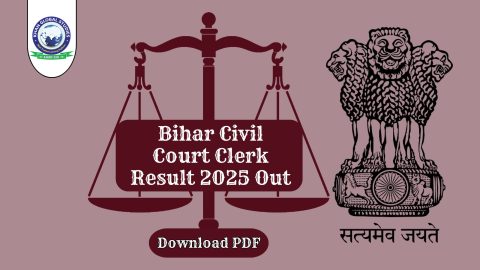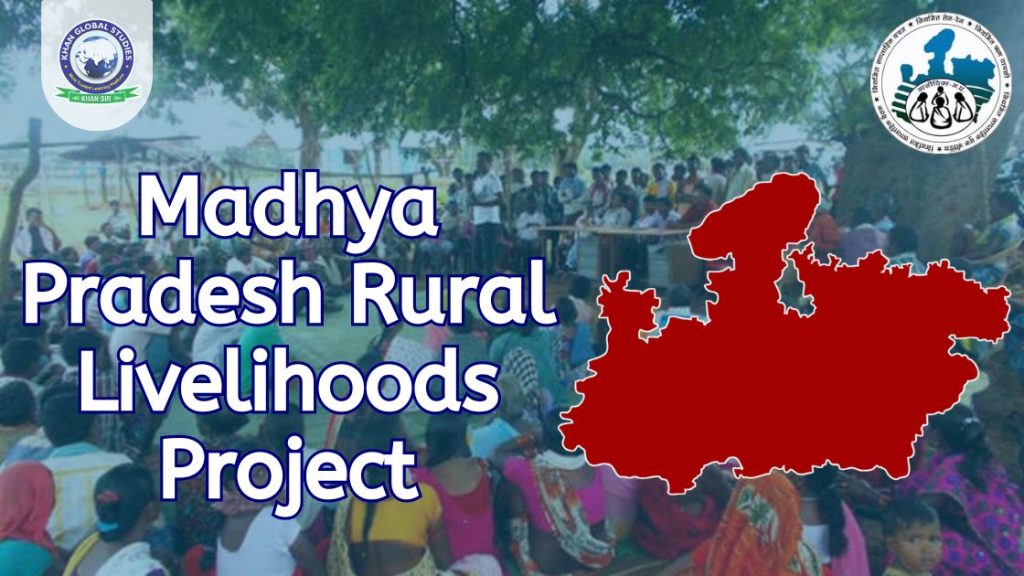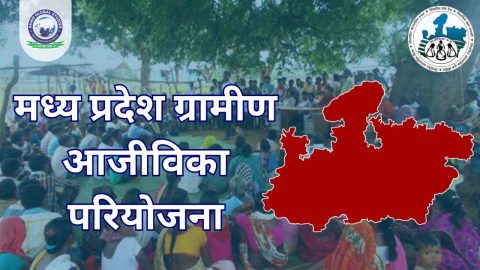The Madhya Pradesh Rural Livelihoods Project (MPRLP) is run by the Madhya Pradesh Rural Livelihoods Promotion Society registered under the Madhya Pradesh Societies Registration Act, headed by the Minister of Panchayat and Rural Development. The project reaches two million underprivileged people in nine predominantly tribal districts of Madhya Pradesh: Barwani, Dhar, Jhabua, Alirajpur, Mandla, Dindori, Anuppur, Shahdol and Sheopur. The MPRLP works within the Panchayati Raj framework, a decentralised form of government where each village is responsible for its affairs.
Financing and Phases
The MPRLP is funded by the UK Department for International Development (DFID). Phase I, from June 2004 to June 2007, cost £16.49 million (₹114.9 crore) and covered 822 villages. Phase 2, from July 2007 to July 2012, covered 2,901 villages at £45 million (₹357 crore). MPRLP is one of the three flagship programmes in DFID’s rural livelihoods portfolio in India.
Empowering Rural Communities
MPRLP empowers rural communities through various schemes and activities, including:
- We are promoting self-employment and micro-enterprises.
- We are supporting agriculture and allied activities.
- We are developing rural infrastructure.
- We are providing skill development and training.
- We are promoting financial inclusion.
Main Objectives of MPRLP
- We are reducing poverty in rural areas.
- Improve livelihoods in rural communities.
- We are developing rural infrastructure.
- We are creating employment opportunities for rural youth.
- We are empowering women and disadvantaged communities.
Strengthening Gram Sabhas
MPRLP works with Gram Sabhas (Village Councils) to mainstream their efforts in rural development. The project also engages experienced NGOs to strengthen Gram Sabhas and develop village plans aligned with community objectives. Gram Sabhas learn how to plan and manage rural development and become accountable to their communities. Disadvantaged households learn about their rights and how participating in Gram Sabhas can help them access these rights.
Making Finance Affordable
The MPRLP collaborates with Gram Sabhas to provide affordable financial services to the poorest rural villages. It assists self-help groups (SHGs), cooperatives and Gram Sabhas in extending financial services to remote areas. As of August 2010, Gram Sabhas had disbursed loans of ₹73.44 million to SHGs and ₹720.51 million to individuals.
Promoting Micro Enterprises
The MPRLP promotes micro-enterprises through collaboration with Gram Sabhas. These small businesses diversify rural economies, harness local skills, generate employment and improve the incomes of the poor, especially women. MPRLP supports a revolving fund through the Gram Kosh (village account), enabling individuals, livelihood promotion groups and SHGs to borrow to start or expand small businesses.
Gender Equality
MPRLP works with communities and Gram Sabha to promote understanding that gender concerns both women and men. It collaborates with gram sabhas to formulate financial policies targeting poor women and SHGs. Training courses in skills such as vegetable growing, tailoring poultry farming and organising SHGs help women start small individual and group enterprises.
Social Protection
The MPRLP’s approach to social protection includes raising awareness among the poor about their rights under existing government schemes and encouraging gram sabhas to channel more resources to the poorest. The MPRLP works through gram sabhas to improve understanding of rights and assist people in accessing benefits such as old-age and widow pensions and food subsidies.
Synergy with other Rural Development Programmes
The MP Rural Livelihoods Project synergizes with partners, agencies and government programmes that have similar goals, understanding of issues and ways of solving problems. It aims to improve the delivery of rural development programmes through integrated planning, budgeting and approaches linked to government schemes.
Promoting Agriculture
The MPRLP and the Madhya Pradesh Department of Farmers Welfare and Agricultural Development work with gram sabhas to distribute improved vegetable seed starter kits, provide training and help farmers form cooperatives to take advantage of growing demand. Training in seed production and assistance in registering and certifying cooperatives enable farmers in remote areas to access quality seeds for crops such as wheat, soybeans, beans, and chickpeas.
Improving Animal Husbandry
The MPRLP helps people keep their livestock healthy and productive by working with village councils to provide private services and advice on animal husbandry. Some poor individuals, especially women, start small but profitable enterprises such as fish and poultry farming.
Using Bio Gas
The MPRLP helps villagers obtain government funding to build their biogas plants. This simple technology captures methane from cow dung during anaerobic decomposition, producing gas for cooking and a nutrient-rich slurry that serves as an excellent fertilizer. By the end of 2010, about 5,000 family-sized biogas plants had been built in 800 villages.
Bringing Light to Remote Communities
The MPRLP collaborates with the Madhya Pradesh Urja Vikas Nigam (MPUVN) to provide solar lighting to project villages in the remote Sheopur district. As of August 2010, solar lights had been installed in 1,279 households in 13 villages at a cost of ₹11,750 per household under a Ministry of New and Renewable Energy (MNRE) scheme.
Adapting to Climate Change
Although not initially set up to tackle climate change, the holistic approach of the MPRLP has helped poor, vulnerable communities adapt and resist the adverse effects of climate change. The MPRLP serves as a facilitator for community-driven initiatives such as biogas, smokeless cooking stoves, manual irrigation pumps, solar lighting and agroforestry that address climate change vulnerabilities.
Conclusion
The Madhya Pradesh Rural Livelihoods Project has significantly improved the lives of disadvantaged communities in rural and tribal areas of Madhya Pradesh. By focusing on various aspects of rural development such as financial services, micro-enterprises, social security, agriculture, animal husbandry, biogas and solar energy, MPRLP has empowered rural communities, enhanced their economic status and promoted social equity. By adopting climate change adaptation measures and synergy with government schemes, MPRLP has laid the foundation for a sustainable and prosperous rural society, setting new dimensions of holistic development and prosperity in the rural areas of Madhya Pradesh.





